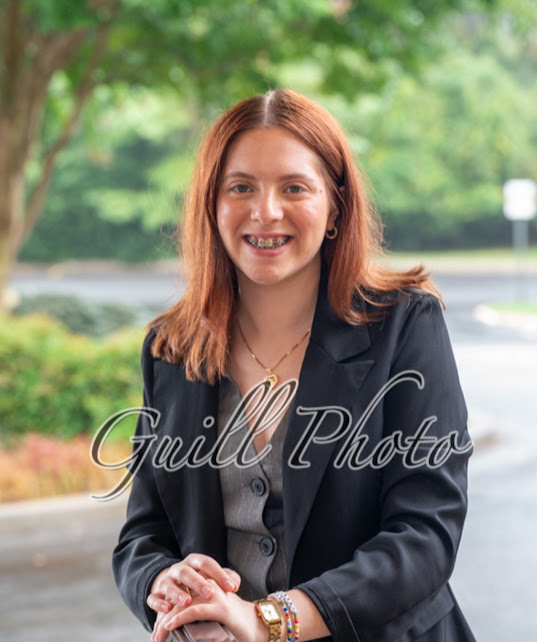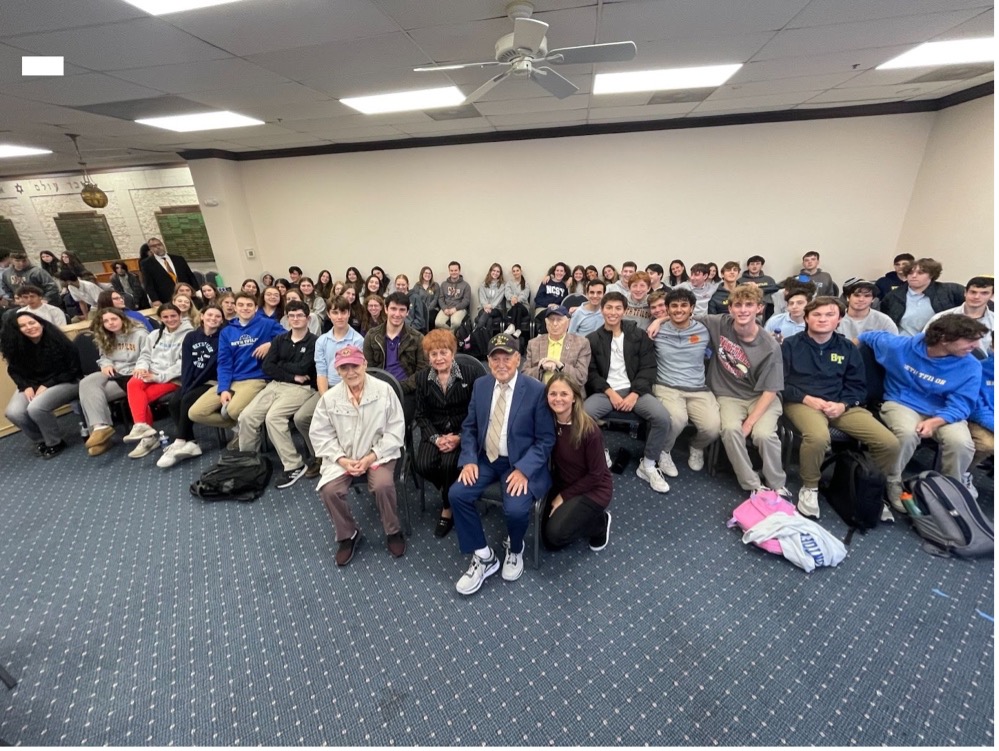As the senior class’s final months are close approaching, all anyone can talk about is future plans. Internships, universities, majors, and career paths drive the conversation and prompt students to look beyond their adolescent years to their future. But an essential, and sometimes overlooked, part of the conversation is gap years, specifically, gap years in Israel. Although our administration encourages students to explore all their options and conduct research about possible gap year programs, many students have decided to forgo these possibilities and transition straight from high school to university. However, some feel strongly about their decision to take a gap year and the positive impact it will have in many areas of their life.
When I talked to students about their choice, many mentioned the spiritual growth they hoped to achieve, citing it as a major deciding factor. As Noam E. ‘24 explains, his principal reason for going on a gap year is to “expand [his] Judaism” and to immerse himself within “an amazing Jewish environment and experience.” For Azriel M. ‘24, the current war in Israel has “strengthened [his] Jewish identity and values and [his] desire to nourish them.” While our Jewish education at Beth Tfiloh has provided a solid foundation, students are looking for that extra advance in knowledge — both of Judaism and of themselves. Sarah F. ‘24 views “this year abroad as fundamental to our development as Jews” by providing time to transition from being Jewish in a Jewish high school to being Jewish as an adult.
Seniors are taking the Israel-Hamas War as a further directive to take a gap year in Israel. Despite some popular programs such as Bar-Ilan XP beginning the semester virtually for safety reasons, the BT seniors themselves have not been deterred by such concerns. In fact, the class of 2024 has more students than usual considering gap years. Azriel referred to the war in Israel as “only intensif[ying his] desire to be in Israel next year” due to his strengthened Jewish identity and desire to contribute to Israel through volunteering opportunities. As Sarah explained succinctly, “The goal of Hamas is to instill fear upon us. We are the Jewish future, and this year abroad is fundamental to our development as Jews.”
Many students also agree that part of the draw of gap year is being in Israel where they can explore the land and cultivate their connection to the country. So while safety is a concern, they are more focused on “experiencing a small part of Israeli life,” as Sammi B. ‘24 explains. Sammi also finds “understand[ing] the history of the region and politics” essential to anyone going to Israel “even if some of it is hard to witness.” During relevant times such as these, it becomes even more important to continue to explore the nuances of the Israeli-Palestinian conflict, especially if the student plans on returning to a secular college afterwards.
This practical application of gap years is only the tip of the iceberg when it comes to its benefits. As Sarah said, some seminaries and yeshivot, while mainly focused on learning, also engage in chesed opportunities, trips to important landmarks and historically significant sites, and even internships that can kickstart one’s involvement in their potential field. Azriel mentions that engagement in textual study itself has benefits such as “improve[d] cognitive flexibility and critical thinking skills.” These proficiencies are essential not just to Jewish learning, but also to success in jobs and secondary education. Despite these perks, many students do not wish to delay their career by taking a year off and therefore do not even consider a gap year. However, Sammi disagrees with this perspective, explaining “we have so much time in the grand scheme of things,” and in hindsight a year or six months off will not interrupt someone’s career path as much as they think it will.
All four of these seniors agree that sophomores and juniors should take more time to consider their options for gap years. Some students might consider gap years a distraction from their goals initially, but they may find it more and more appealing as graduation approaches. No one should immediately discount a gap year from their plans. Instead, they should invest in research into different programs and discussions with college counselors, parents, and seniors who are participating in gap years to explore all their options.








